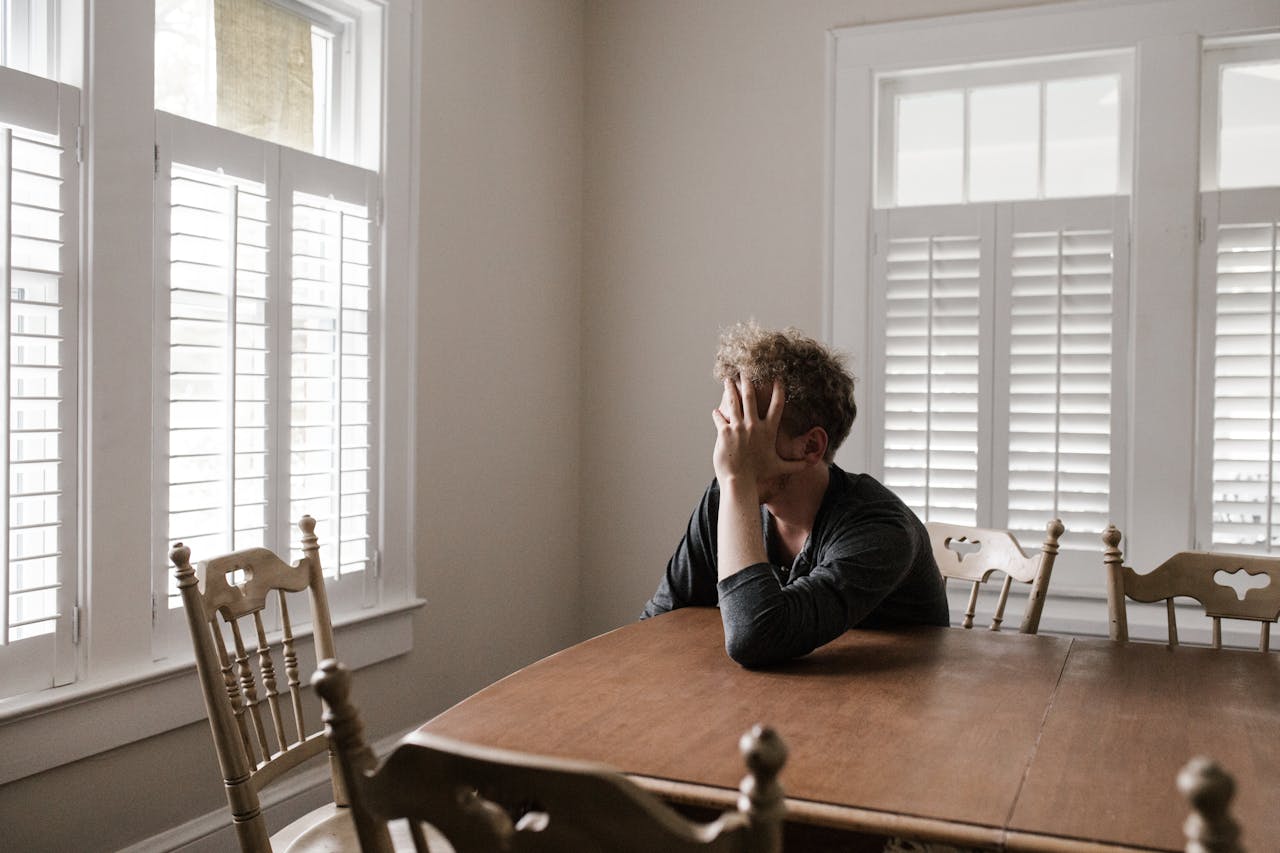Anxiety Isn’t Just in Your Head — And You’re Not Alone


Anxiety is one of the most common mental health concerns — and one of the most misunderstood. It’s often minimized with phrases like “just relax” or “you’re overthinking it.” But anxiety isn’t a weakness or a personality flaw. It’s your body’s way of trying to protect you — even if that protection is misplaced.
Anxiety manifests differently for everyone. Some people experience constant worry or intrusive thoughts. Others feel it in their bodies — tight chest, racing heart, tense muscles, or stomach issues. Here are some common signs:
Many people live with anxiety for years without realizing it. They just think it’s how they’re wired — but it doesn’t have to be this way.
Austin is filled with opportunity, but also unpredictability. Fast-paced job markets, competitive tech industries, rising costs, and social media perfectionism all create a background hum of stress. For sensitive, driven, or highly responsible people, this hum can turn into a roar.
Add to that the cultural message of “do more, be more,” and many Austinites are left feeling like they’re constantly running, even when they’re standing still.
Our therapists don’t just talk about anxiety — we teach you how to manage it. Anxiety isn’t something to eliminate entirely; it’s something to understand and regulate.
We explore what’s driving your anxiety — past experiences, trauma, perfectionism, or unhealthy coping patterns. Understanding the source gives you power.
We teach specific tools like breathwork, grounding exercises, cognitive restructuring, and exposure therapy — always tailored to your comfort level.
Anxiety lives in the body as much as the brain. We help you work with your body’s signals, not against them, so you can feel safe again.
Anxiety often thrives in isolation. Through therapy, you’ll experience what it feels like to be seen, supported, and accepted — anxiety and all.